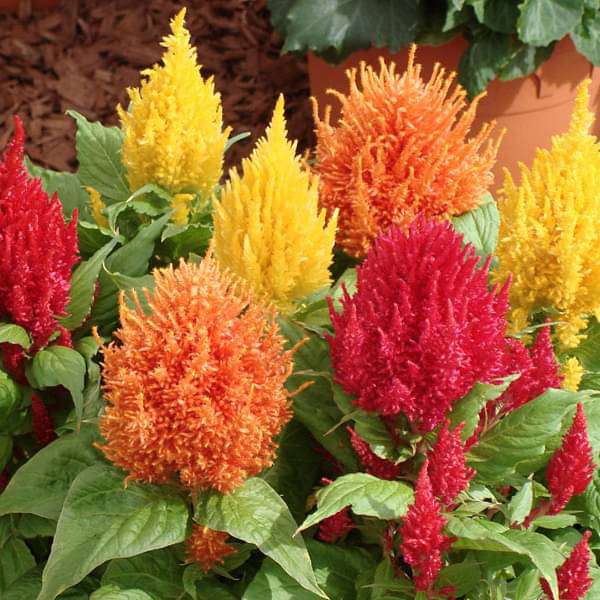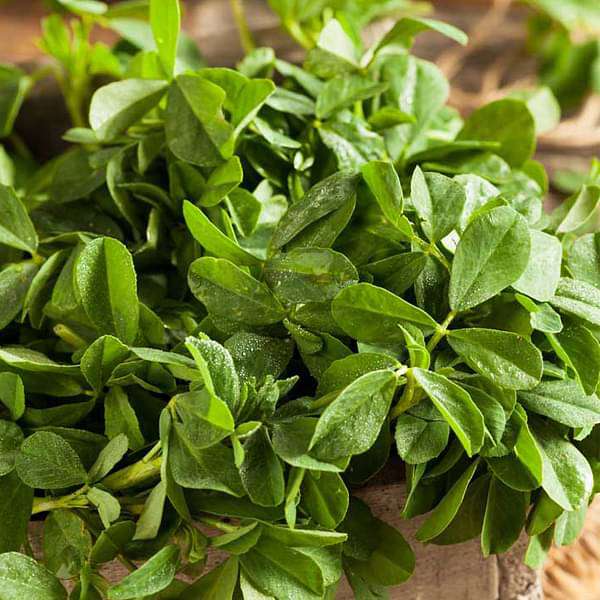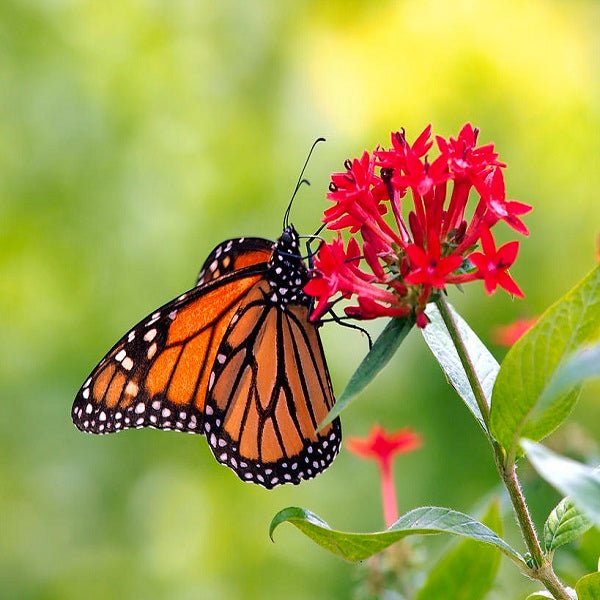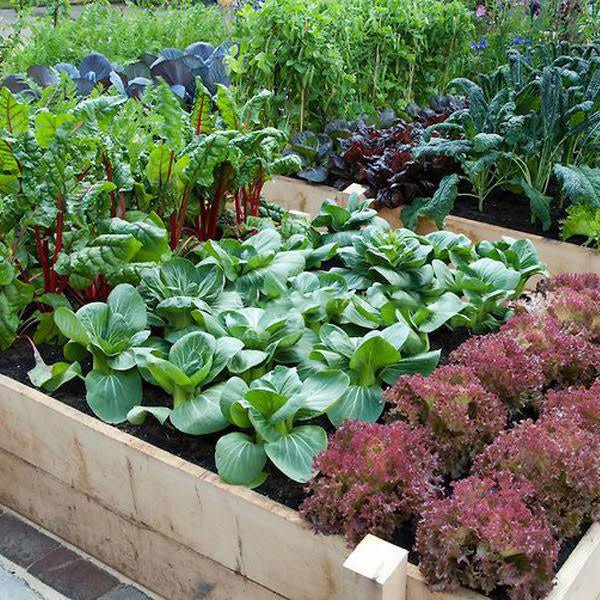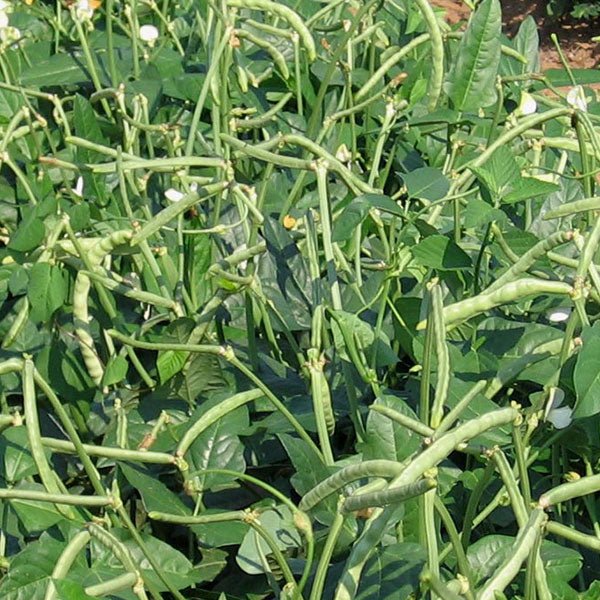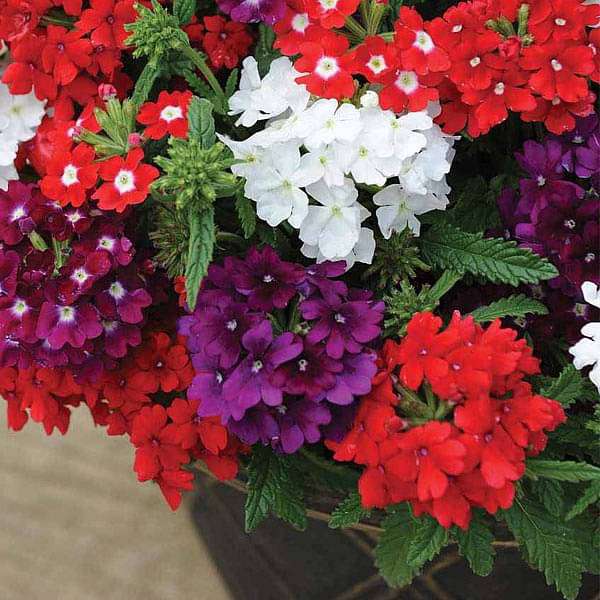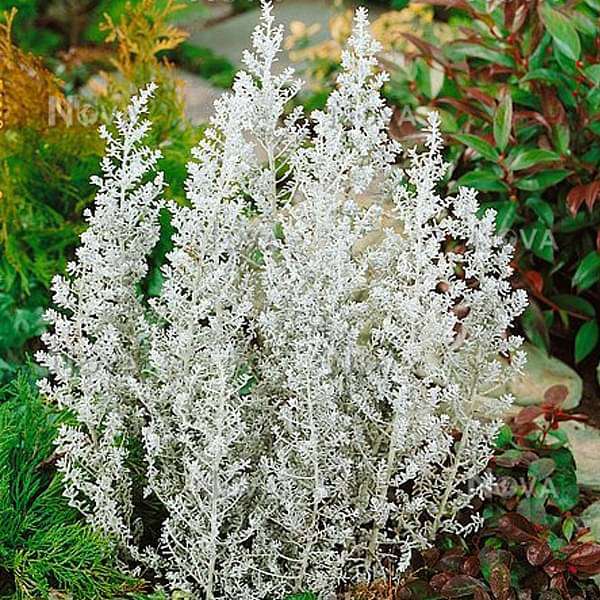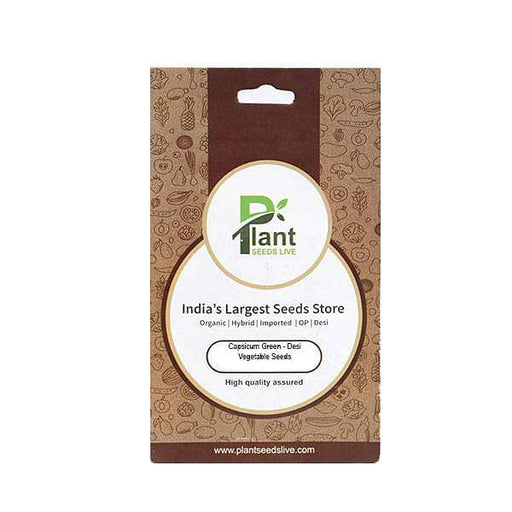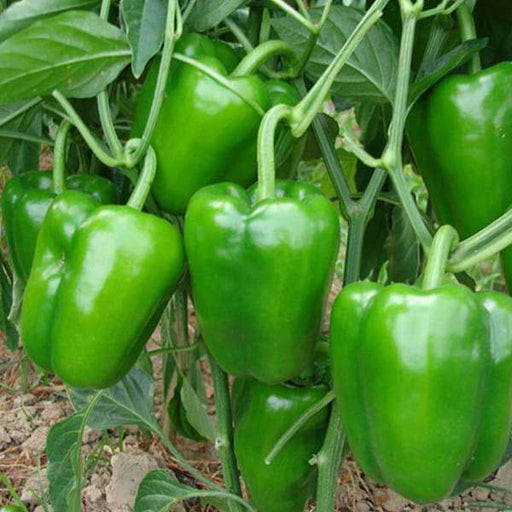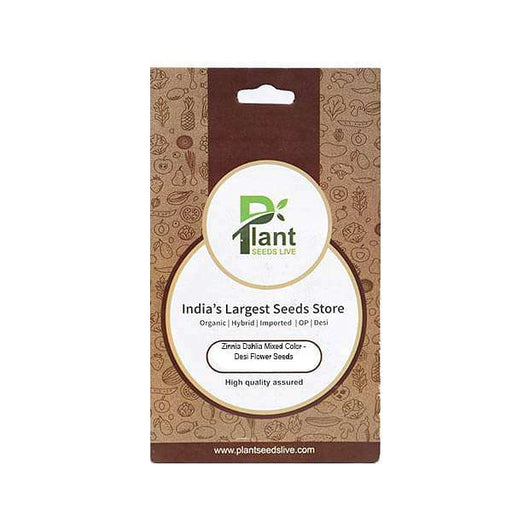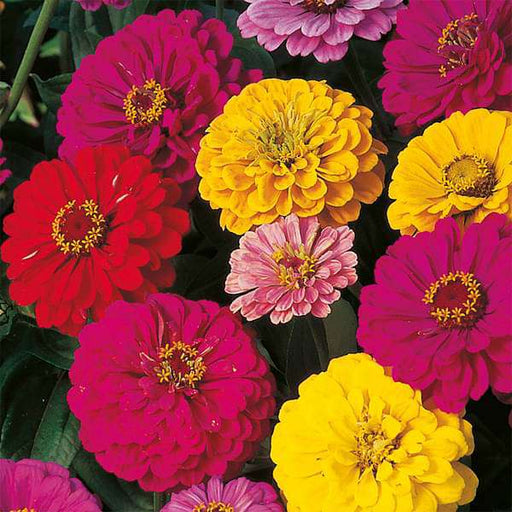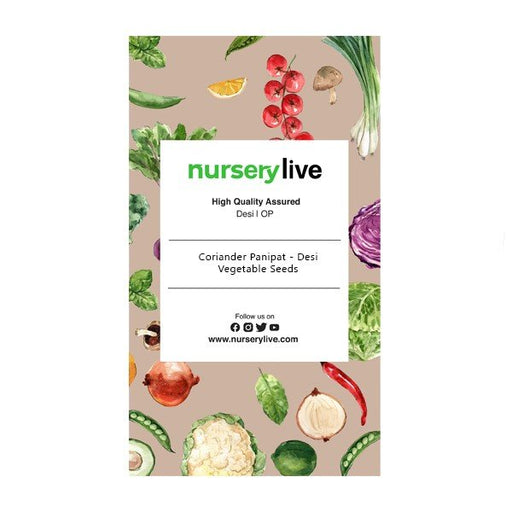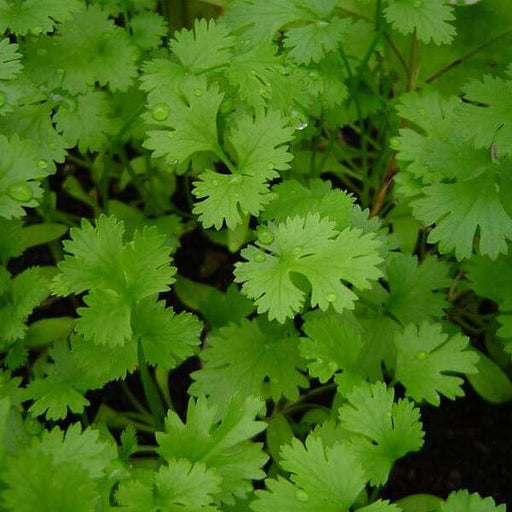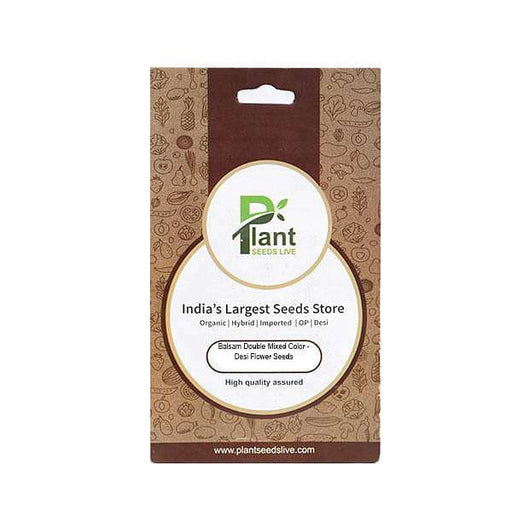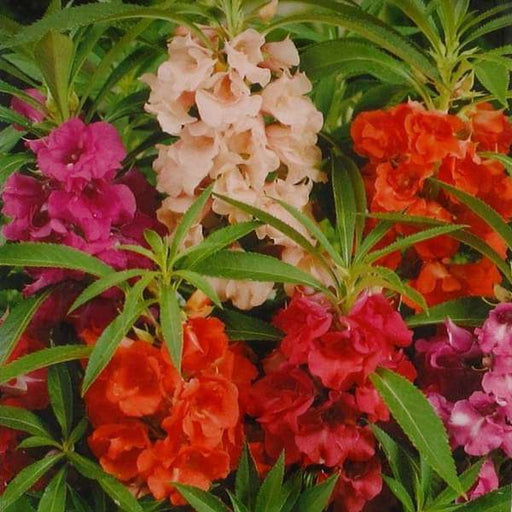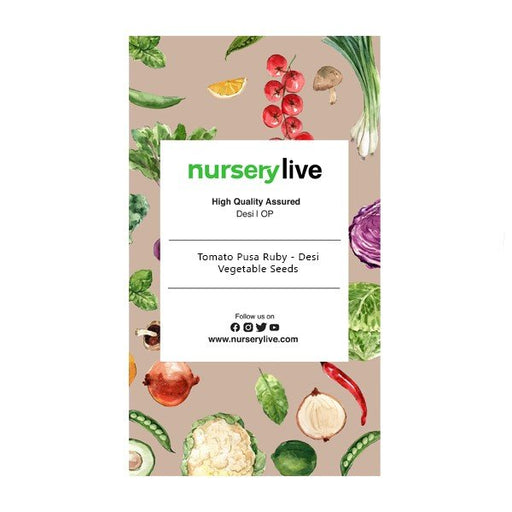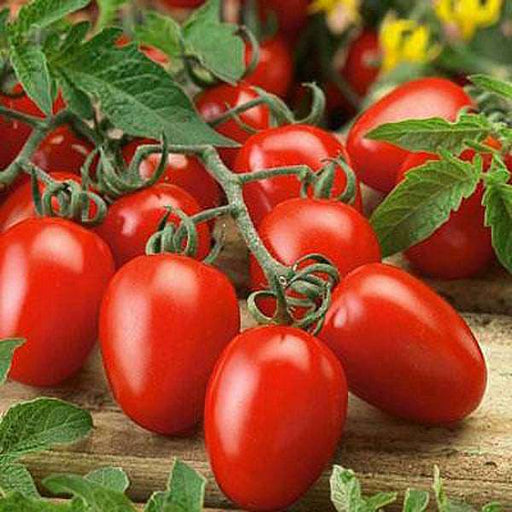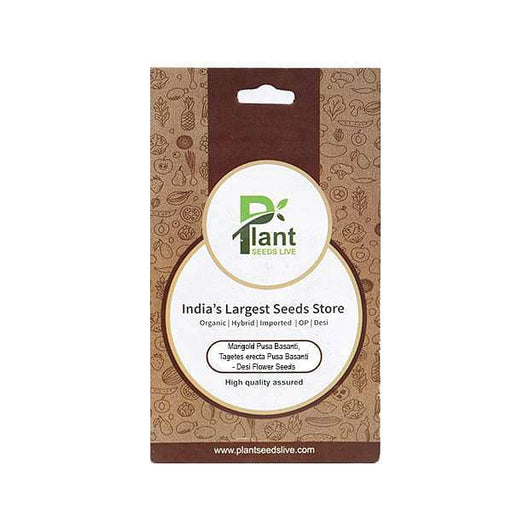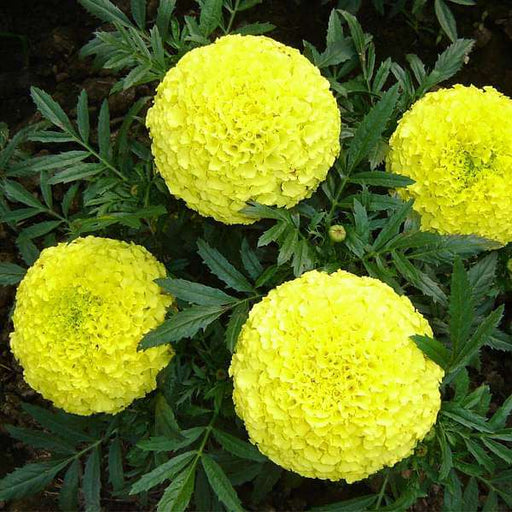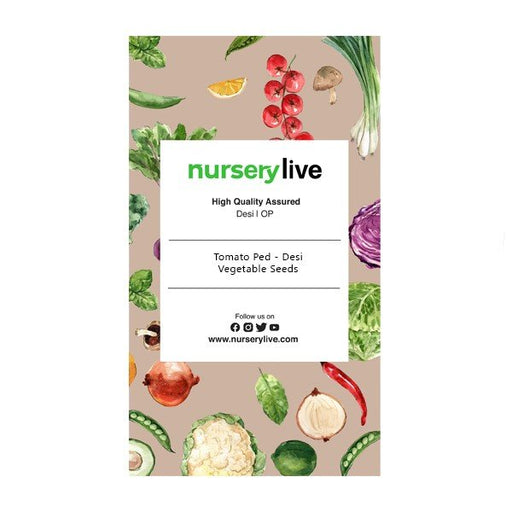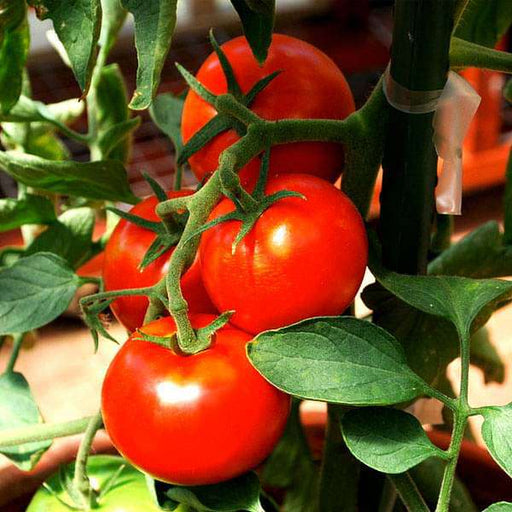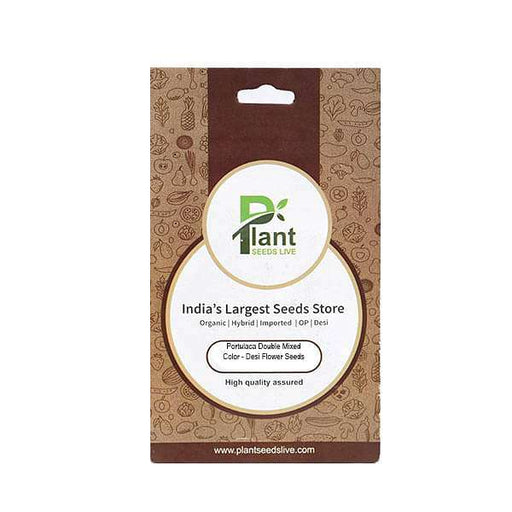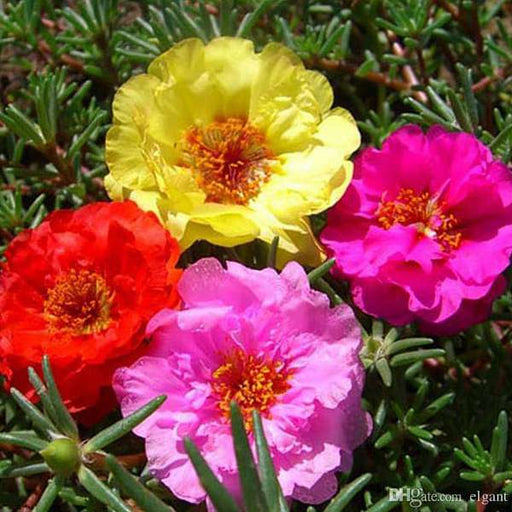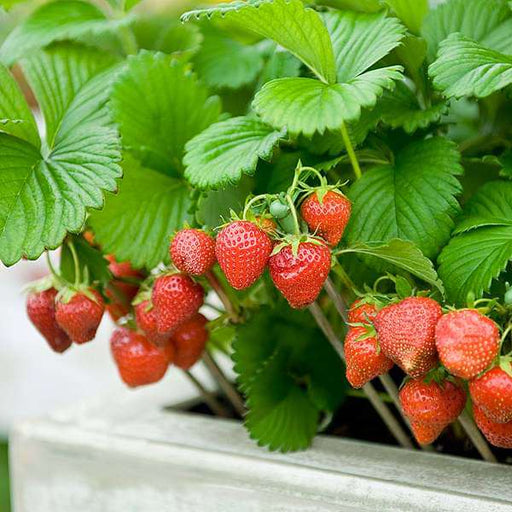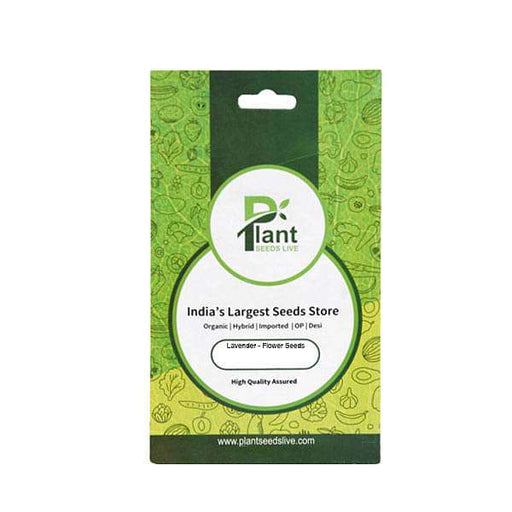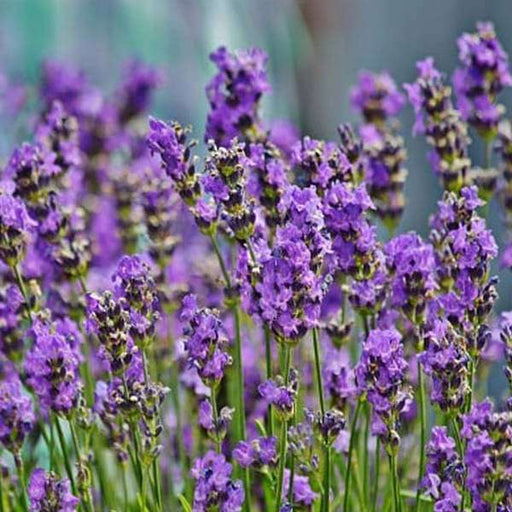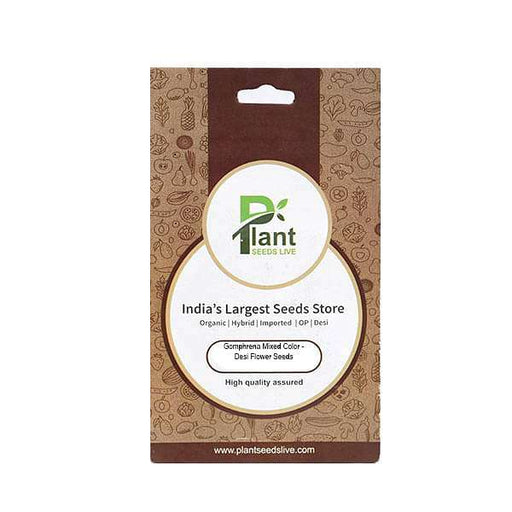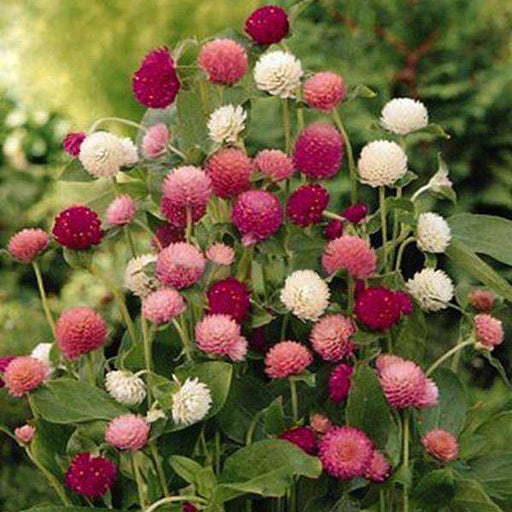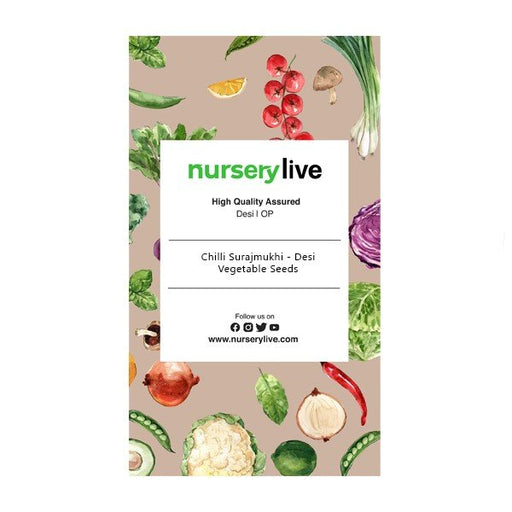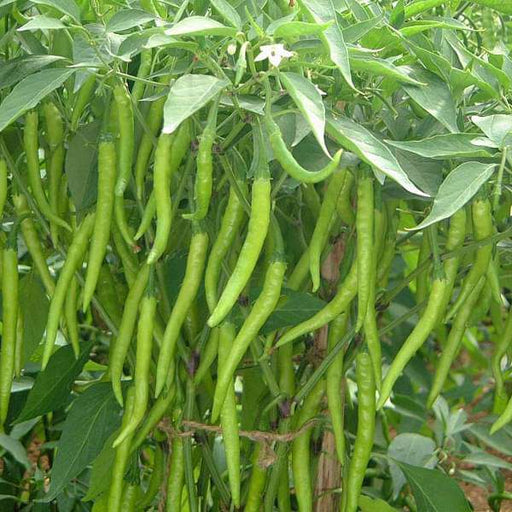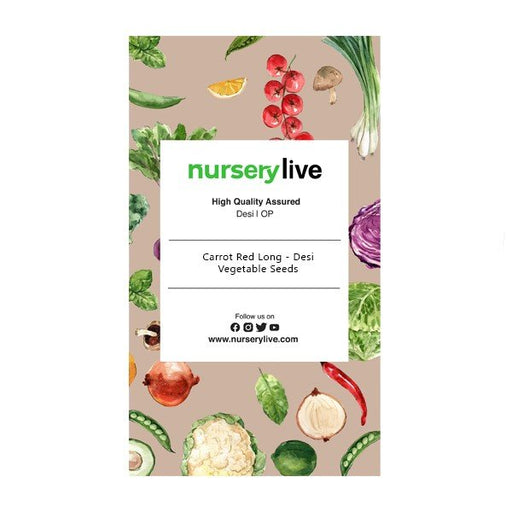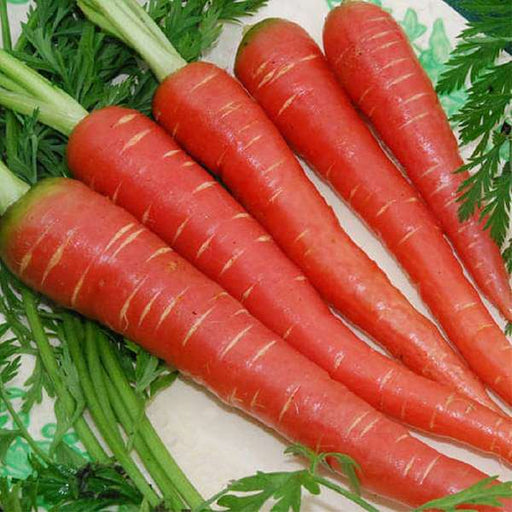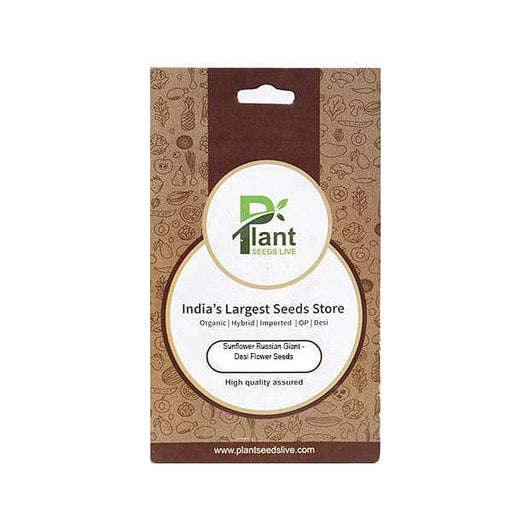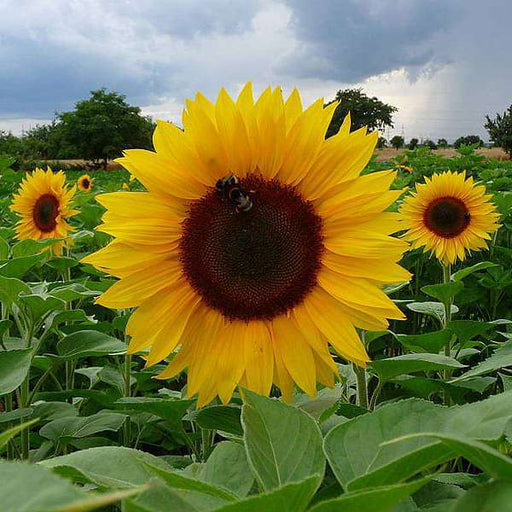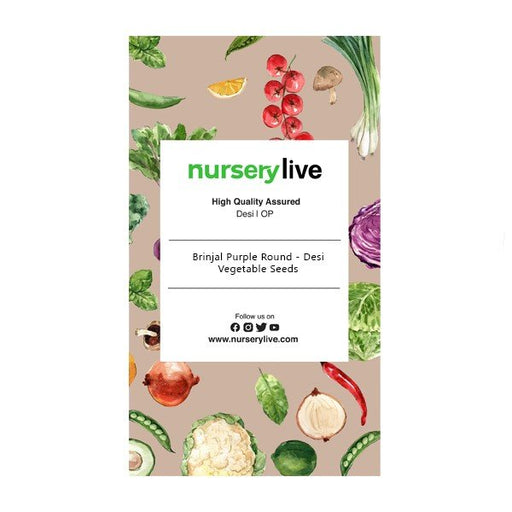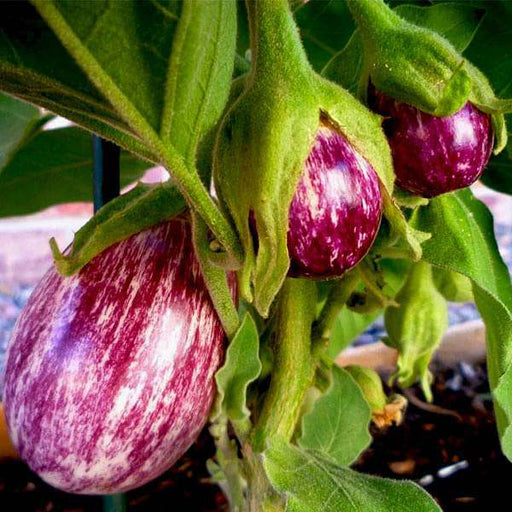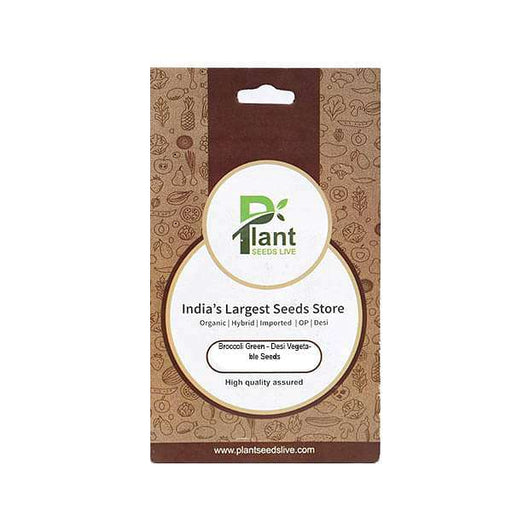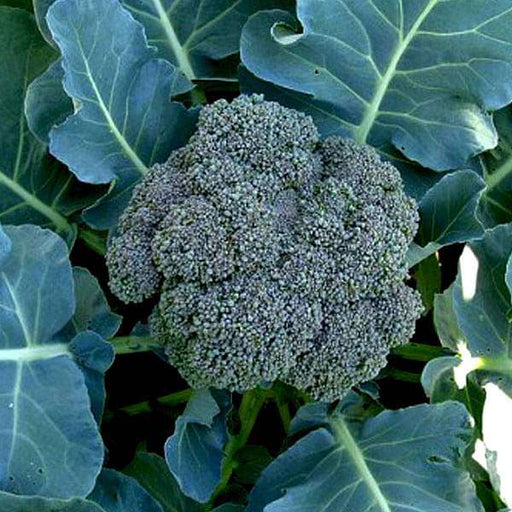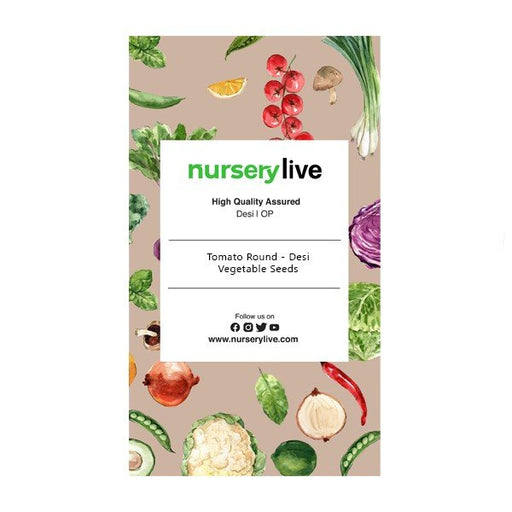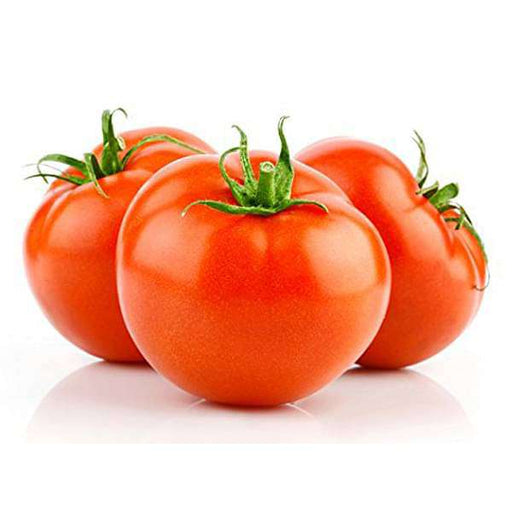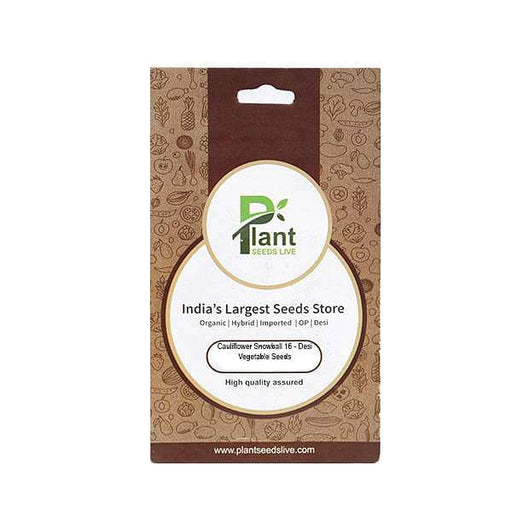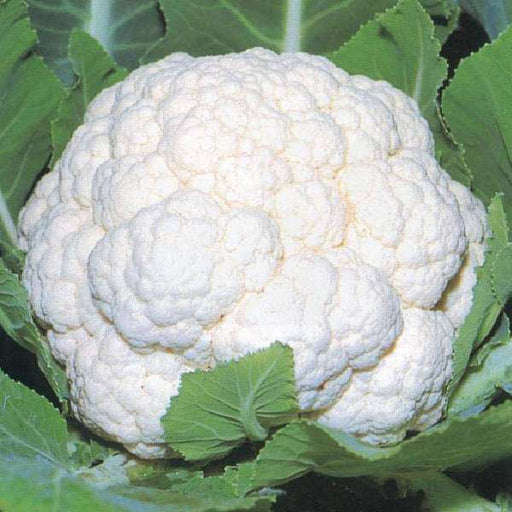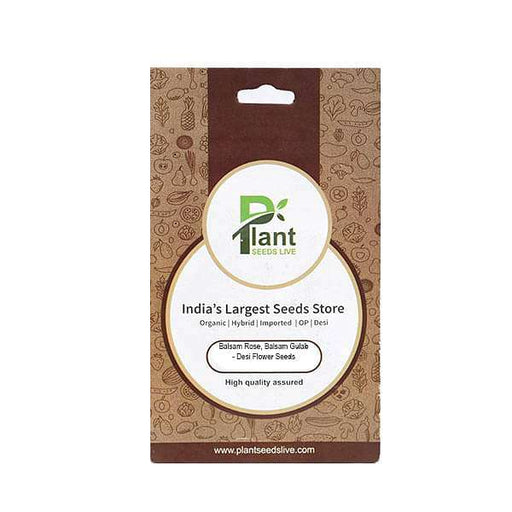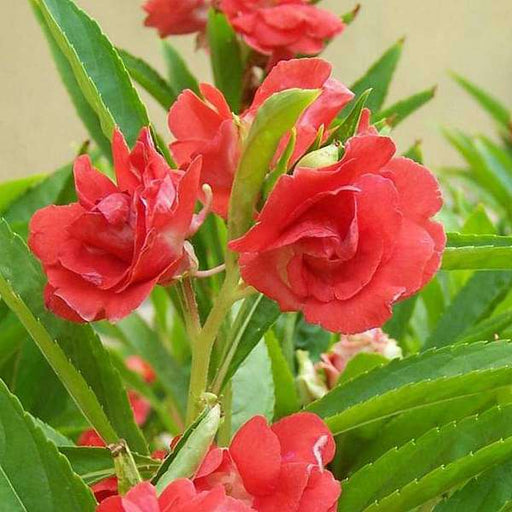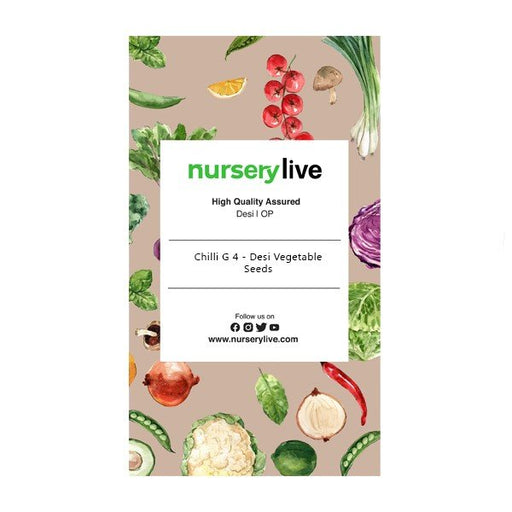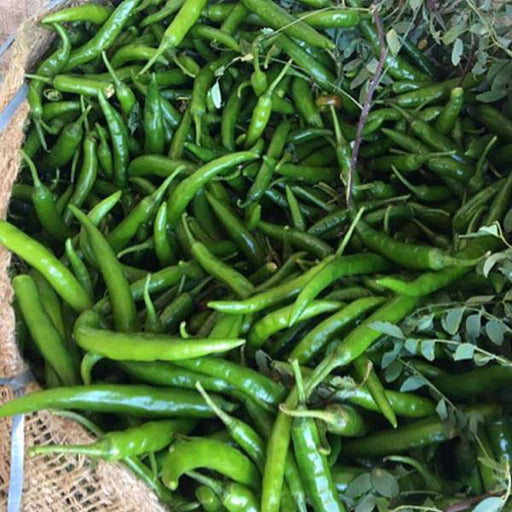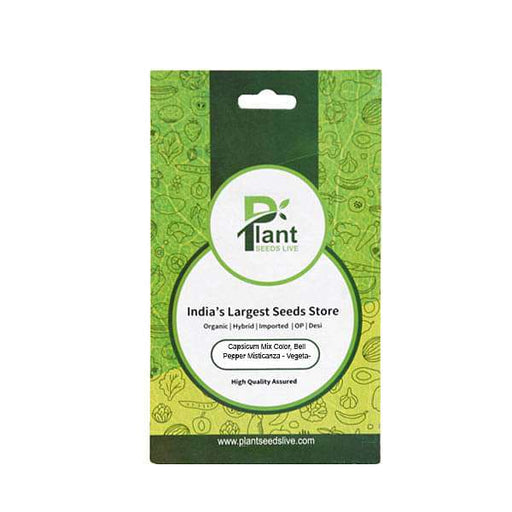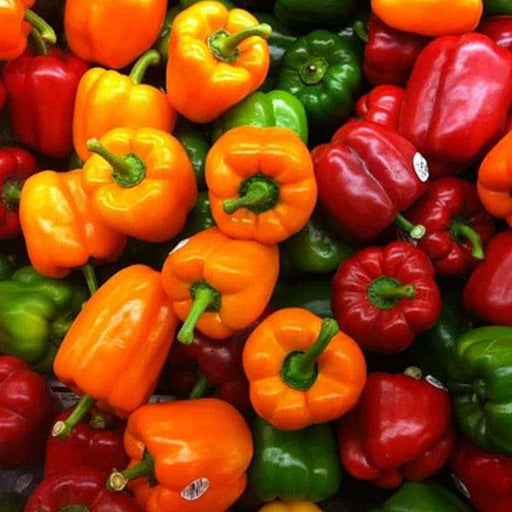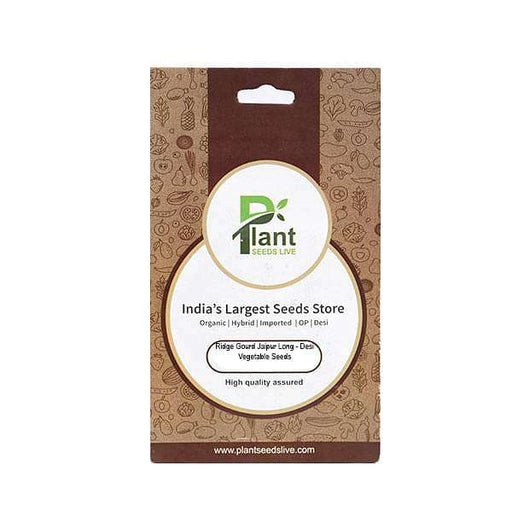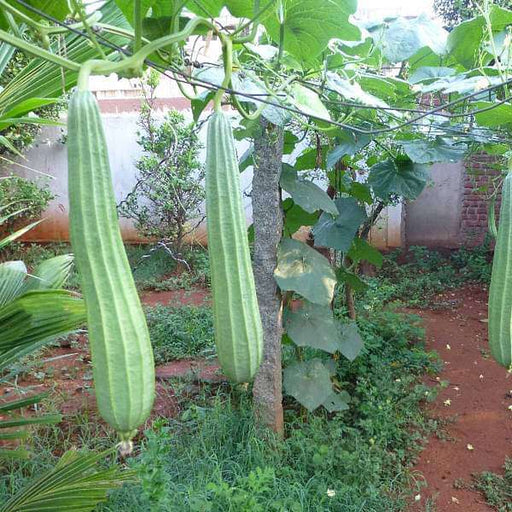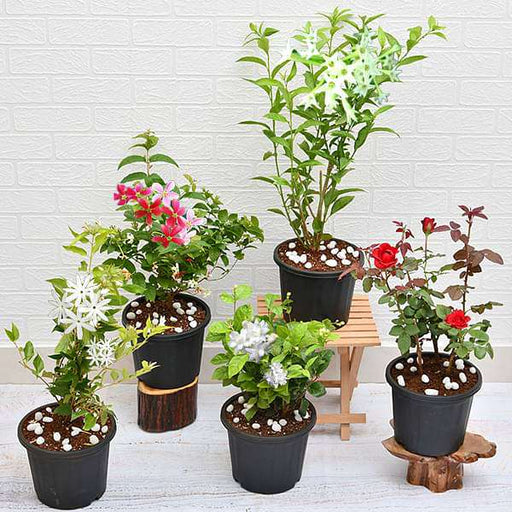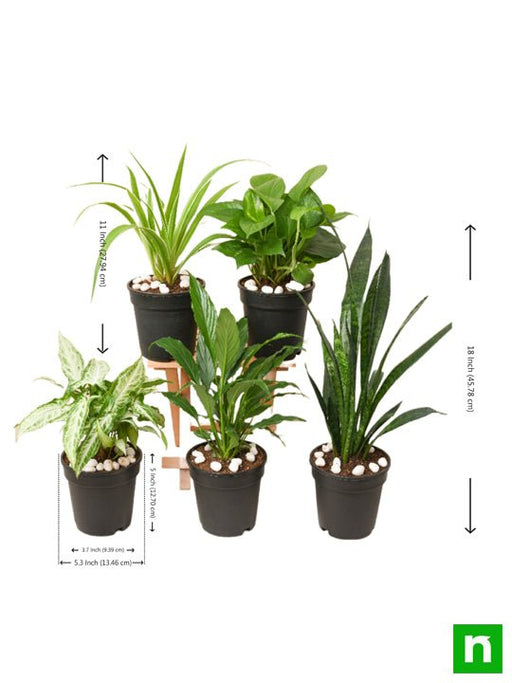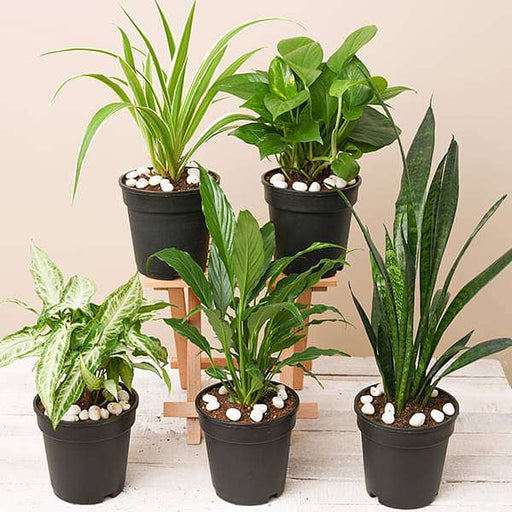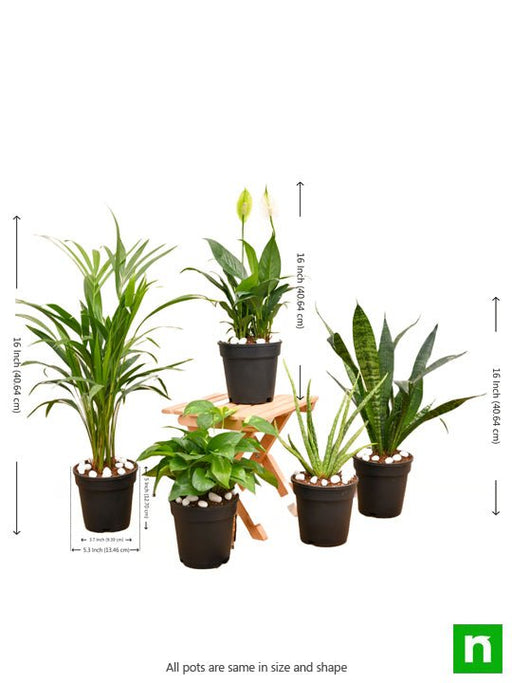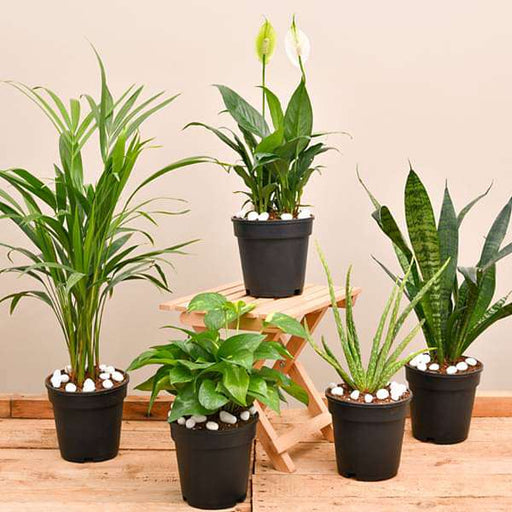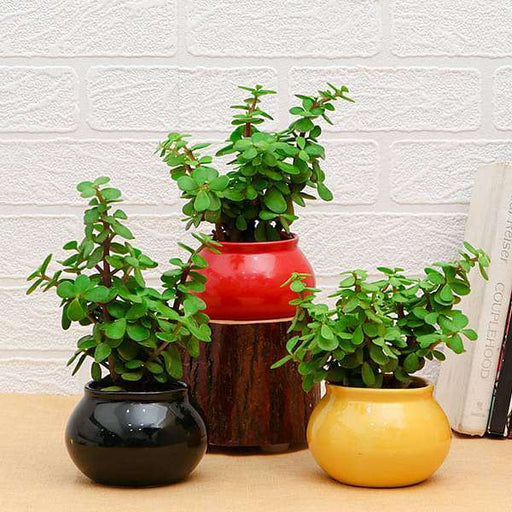Edible Seeds
Edible seeds are those that can be consumed as food. Some common examples include chia seeds, flax seeds, pumpkin seeds, and sunflower seeds. These seeds are packed with nutrients and can be added to a variety of dishes for a healthy boost.
Ornamental Seeds
Ornamental seeds are seeds that are primarily grown for their beauty rather than their practical uses. These seeds can produce stunning flowers or unique foliage that can enhance the aesthetic appeal of any garden or landscape.
Medicinal Seeds
Medicinal seeds are seeds that are believed to have healing properties. Some popular medicinal seeds include black cumin, fenugreek, and milk thistle. These seeds can be used to treat a variety of ailments and are often used in alternative medicine.
Organic Seeds
Organic seeds are seeds that have been grown without the use of synthetic fertilizers, pesticides, or other harmful chemicals. These seeds are ideal for those who want to grow their own food or plants without exposing themselves to harmful toxins.
Hybrid Seeds
Hybrid seeds are seeds that have been produced by crossbreeding two or more different plant species. These seeds are often developed to produce plants with desirable traits, such as disease resistance or increased yield.
Non-GMO Seeds
Non-GMO seeds are seeds that have not been genetically modified. These seeds are ideal for those who want to grow plants without introducing genetically modified organisms into their environment.
Shade-Tolerant Seeds
Shade-tolerant seeds are seeds that can thrive in low-light conditions. Some examples include hostas, ferns, and impatiens. These seeds are ideal for those who want to grow plants in shaded areas of their garden or landscape.
Drought-Tolerant Seeds
Drought-tolerant seeds are seeds that can survive in dry conditions with minimal water. Some examples include cacti, succulents, and lavender. These seeds are ideal for those who live in areas with limited water resources or who want to conserve water.
Pollinator-Friendly Seeds
Pollinator-friendly seeds are seeds that produce flowers that attract pollinators such as bees, butterflies, and hummingbirds. These seeds are ideal for those who want to support local ecosystems and promote biodiversity.
Low-Maintenance Seeds
Low-maintenance seeds are seeds that require minimal care to thrive. Some examples include succulents, air plants, and cacti. These seeds are ideal for those who have limited time or gardening experience.
Heirloom Seeds
Heirloom seeds are seeds that have been passed down through generations of gardeners. These seeds are often open-pollinated and produce plants with unique characteristics and flavors.
Exotic Seeds
Exotic seeds are seeds that come from plants that are not typically grown in a particular region. These seeds can produce unique and unusual plants that can add interest and variety to a garden or landscape.
Native Seeds
Native seeds are seeds that come from plants that are indigenous to a particular region. These seeds are often well-adapted to the local climate and can be beneficial for supporting local ecosystems and promoting biodiversity.
Fast-Growing Seeds
Fast-growing seeds are seeds that can produce plants that mature quickly. Some examples include radishes, lettuce, and sunflowers. These seeds are ideal for those who want to see quick results in their garden.
Slow-Growing Seeds
Slow-growing seeds are seeds that can produce plants that take longer to mature. Some examples include trees and shrubs. These seeds require patience and careful attention, but can produce long-lasting and impressive results in the garden or landscape.
Container-Friendly Seeds
Container-friendly seeds are seeds that can be grown in pots or other containers. Some examples include herbs, peppers, and tomatoes. These seeds are ideal for those who have limited outdoor space or want to grow plants indoors.
Cut Flower Seeds
Cut flower seeds are seeds that can produce flowers that are ideal for use in flower arrangements. Some examples include zinnias, cosmos, and dahlias. These seeds can provide an endless supply of beautiful blooms for use in the home or for special events.
Butterfly Garden Seeds
Butterfly garden seeds are seeds that produce flowers that attract and support butterfly populations. Some examples include milkweed, coneflower, and black-eyed Susan. These seeds can help create a beautiful and environmentally beneficial garden.
Pollen-Free Seeds
Pollen-free seeds are seeds that produce flowers that do not release pollen. These seeds can be ideal for those with allergies or who want to avoid the mess and inconvenience of pollen in their garden or landscape.
Companion Plant Seeds
Companion plant seeds are seeds that are planted alongside other plants to promote their growth and health. Some examples include marigolds, basil, and garlic. These seeds can provide a natural and effective way to manage pests, improve soil quality, and support overall plant health.

